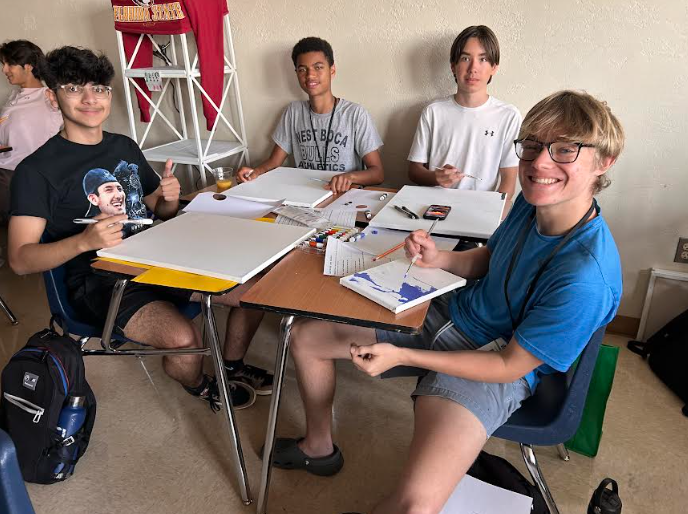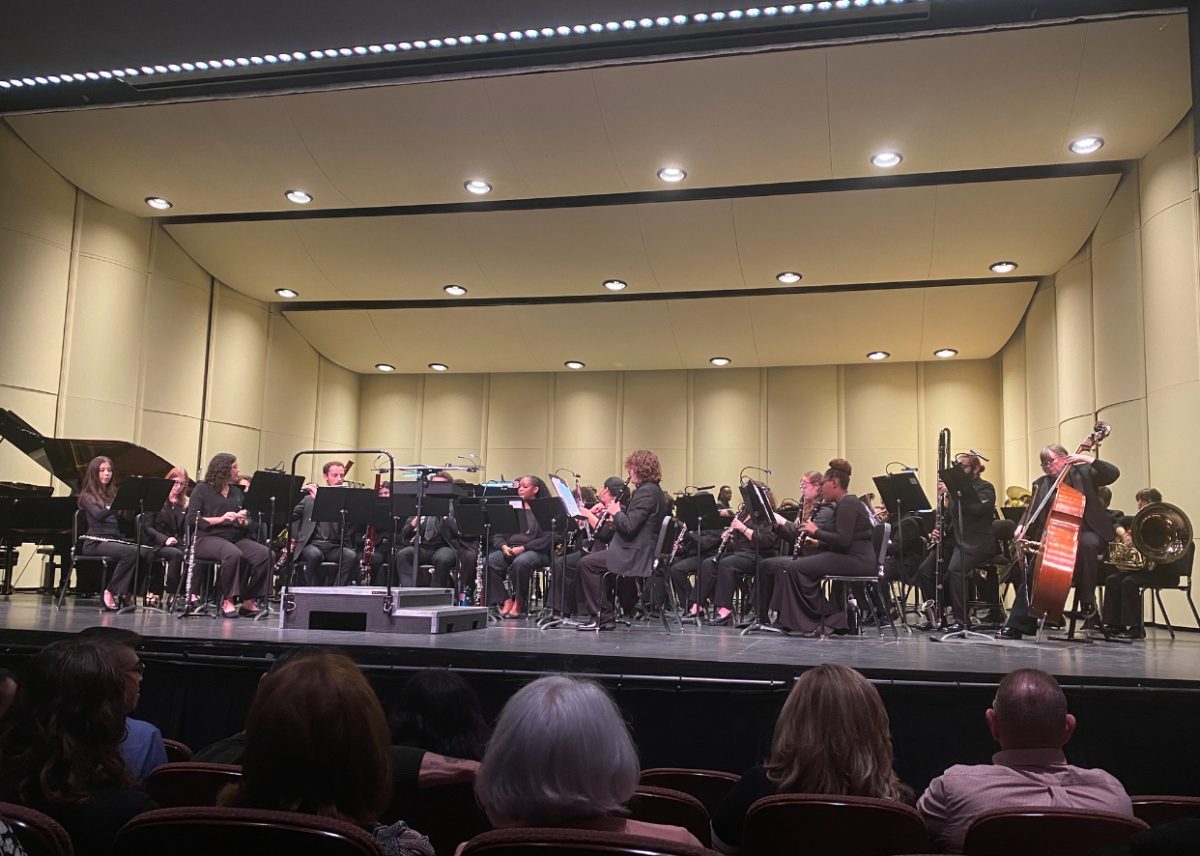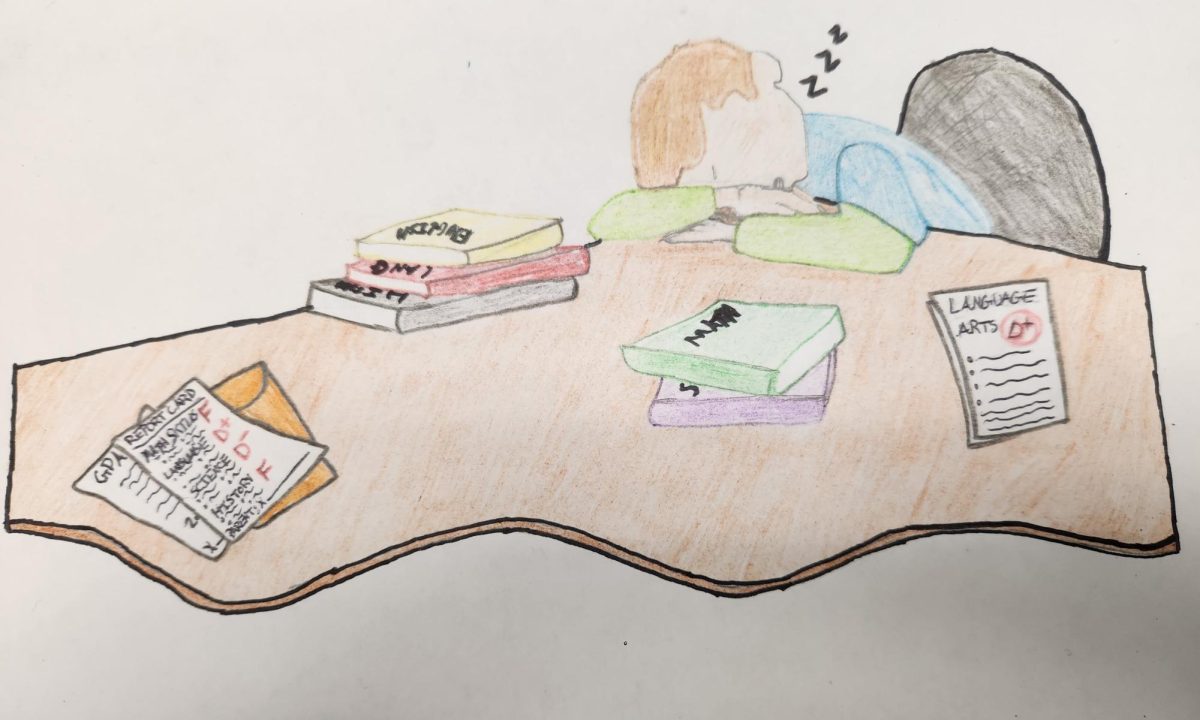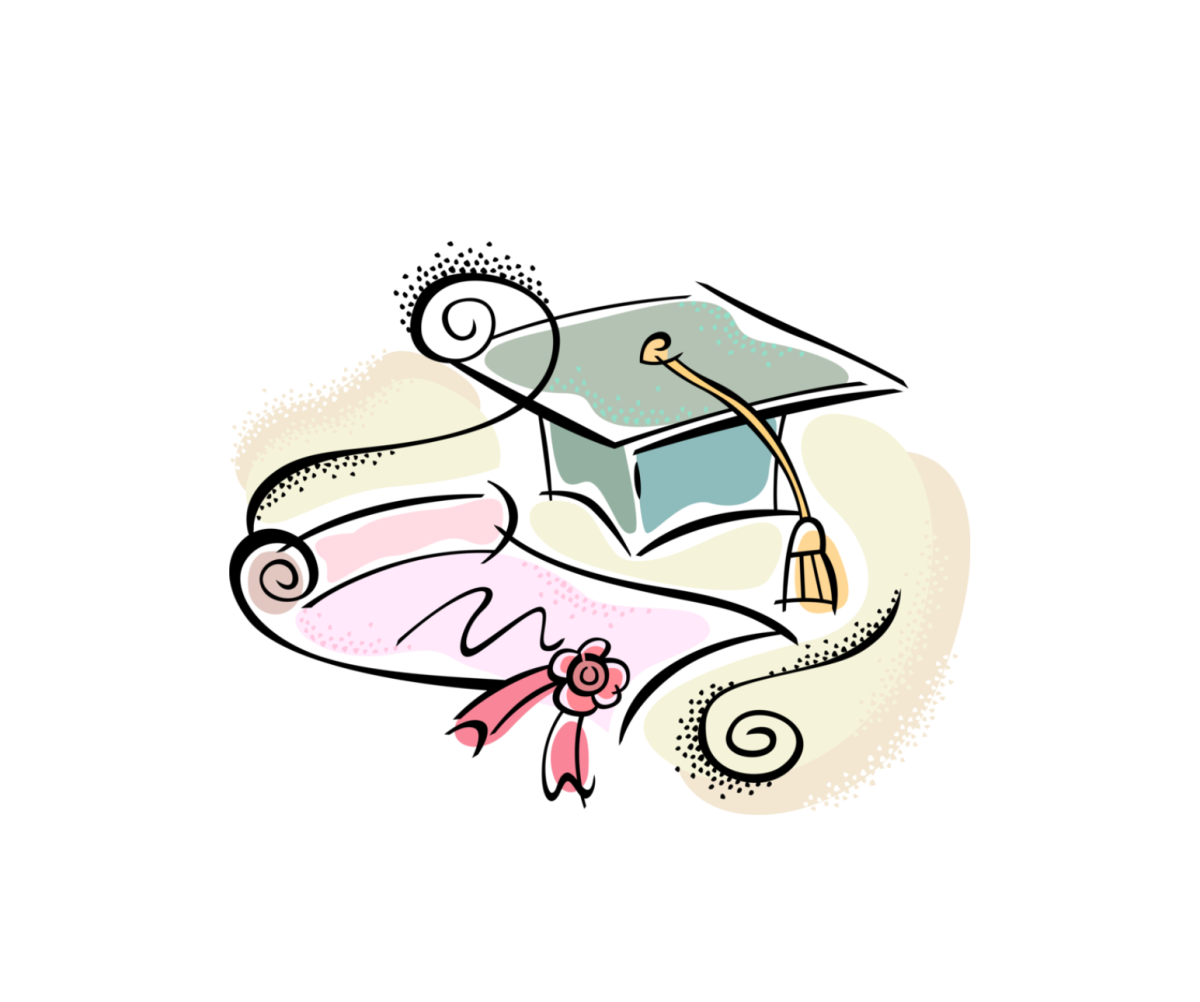Sleep deprivation can be a short—or long-term problem affecting high school students’ learning. As it increases, high school students’ grades over the years can either rise or fall depending on how they handle it. What they need to be worried about is the long-term effects, such as their GPA (grade point average), which is calculated based on grades and classes over a longer time rather than just one class every quarter instead of focusing solely on the short term.
A little sleep can go a long way, especially regarding GPA. Grades can go down and come back up, so those are not as affected by sleep deprivation as GPAs are because they are determined based on a longer timeline while grades change from day to day. The overall effect of sleep deprivation on GPA has increased over the years further endangering student’s academic reputations when they go to apply for colleges and find that their GPAs are down because they used to stay up all night unable or unwilling to get sleep causing their overall performance in school to go down.
A consistent lack of sleep can lead to the development of bigger, more serious issues affecting concentration, memory, and cognitive functions that are crucial for long term academic performance. The Victoria State Government Department of Health and Better Health Channel explained that “the effects of chronic (ongoing) sleep deprivation may include: concentration difficulties, mentally ‘drifting off’ in class, shortened attention span, memory impairment, poor decision making, lack of enthusiasm, moodiness and aggression, depression, and risk-taking behaviour” bringing a new group of challenges that teenagers have to actively fight against so they don’t ruin their academic careers. With an increasing number of underlying issues formed from sleep deprivation students are forced to juggle their personal lives with their academic lives, making sure that with all of the work being done personally they cannot risk experiencing a drop in their grades over a long period of time because their GPA will begin to have visible differences than before.
A constant battle against the effects of sleep deprivation accumulates more emotional struggles within the student’s life that ultimately change how they act when in class. Every time a student gets fewer hours of sleep they are increasing their chances of experiencing emotional disturbances which bring behavioral issues as an unofficial attempt to counteract the sleep struggle at home. The American Academy of Sleep Medicine suggests that “each additional hour of sleep on school nights lowered the odds of scoring in the clinically significant range of emotional disturbance and ADHD.” However, if high schoolers continue to get less sleep each night they are negatively affecting their mental health. As mental health awareness increases among the high school social chain, students’ focus while they are at school is pulled while they are trying to get better so they fall behind and find it hard to focus on classwork or their grades.
Additionally, mental health problems that form from a lack of sleep can cause more concern regarding a healthy mental state instead of keeping up with academics. The fight to get better can continue for years, evolving from a small issue that can be quickly fixed to a hindrance in a student’s GPA regardless of them making mental health a priority like they are constantly told to. This is counterintuitive because in this case getting help can actually be more of a problem than a solution. The Columbia University Department of Psychiatry explained that “poor or insufficient sleep has been found to increase negative emotional responses to stressors and to decrease positive emotions” leading the overall mental health aspects developed from sleep deprivation a top priority for the teenagers to focus on. However, this will only be fixing small parts of a bigger issue ultimately having no effect because mental health is getting worse the less sleep a teenager gets, therefore when they focus on specific parts of their worsened mental health they are ignoring the biggest problem of sleep which is the frontline problem that needs to be fixed in order for the students’ GPA to stop its decrease.
Moreover, mental health is not the only negative result of sleep deprivation as it can also affect a person’s physical health. The National Institutes of Health say “children who are sleeping deficient might be overly active and have problems paying attention” which causes them to have more energy when they are in school during learning time when they are supposed to be sitting down and focusing. It also says that “in children and teens, sleep also helps support growth and development” leading to “chronic health problems” if they continue to not get sleep. Without proper sleep to focus students will not continue their proper development and may become angry or impatient faster and possibly less respectful because they are developing those key aspects before growing up slower.
Consequently, sleep deprivation is slowly decreasing teenagers GPAs because they are being impacted by the side effects of their low sleep time. This is becoming a major issue within the school system where students are not recognizing how much their all nighters are affecting them in the long run because they are not understanding that the physical and mental issues they are experiencing are mostly stemming from one major problem. The lack of sleep may seem like it isn’t a big deal to students at first, but as the juniors and seniors begin to send their GPAs off to colleges they are shocked as to how big these seemingly insignificant obstacles have impacted their futures. Due to GPAs being calculated as a whole of students’ grades into a 4.0 scale, a temporary decrease in grades can still negatively affect the GPA of a student if they cannot get that grade back up in time for the end of a school quarter or semester because even with a better grade the next counted session the low grade will still impact their overall GPA because every grade counts. Ultimately, without sleep the short term is not the biggest worry for students because it can fastly and easily become their biggest problem impacting their GPA and further becoming an obstacle in their future education.













































